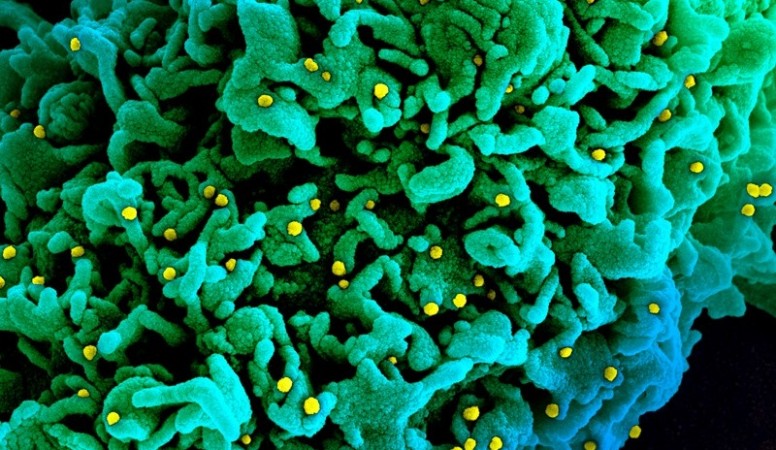
MOSCOW: A team of researchers in Russia has assessed the effectiveness of the T-cell immune response to 11 variants of SARS-CoV-2 and used their results to develop the T-cell Covid-19 Atlas portal (T-CoV). The findings, published in the journal Nucleic Acids Research, shows that the continuing emergence of new SARS-CoV-2 mutations allows the virus to spread more effectively and evade the antibodies. The development of a T-cell immune response is largely governed by genetic factors, including variations in the genes of the major histocompatibility complex (HLA), the researchers said.
The effectiveness of the development of T-cell immunity to Covid strains varies from person to person. Depending on the set of HLA molecules, some people's immune systems will identify and destroy a mutated virus with the same efficacy as they would the base form of the virus. In others, the response is less effective.
However, it is unclear whether new strains are capable of evading T-cell immunity, one of the body's main lines of defence against Covid-19, said the researchers, including Stepan Nersisyan, Faculty of Biology and Biotechnology at HSE University in Moscow, Russia.
Each HLA gene variant has a corresponding molecule that identifies a specific set of proteins of a virus. There are a huge number of such gene variations, and each person has a unique set of them, added the findings.
Study finds: New Protein-Based Covid Vaccine Mimics Virus Shape to Provide Robust Antibody Response
Single-dose of Pfizer vaccine may be sufficient for people who have had COVID: study
Study suggests antibodies produced by a Covid variant neutralise others